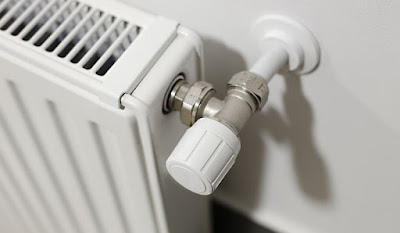Advancement in technology has provided us with many blessings and air conditioning is one of those discount. But it needs to be kept in mind that in order for a thing to remain fully beneficial, it is important to use it in the right manner. Air Conditioner on hand provides comfort in the summer and maintains a desirable indoor environment but on the other hand, creates some health issues as well. Here, it is needed to mention that Air Conditioning is not risky in entirety, it is just the wrong usage and wrong practices that makes it risky. So the fearsome articles on the dangers of air conditioning are of course too much of an exaggeration. This article is meant to explain the health problems associated with Air Conditioning and when and how they occur.
Have you ever faced any Air Conditioning health risks? How did you cope with them?
Health Risks associated with Air Conditioners
- High Humidity
This problem is not caused by Air Conditioner itself but the wrong usage of it or because of selecting the wrong size. In case one, running an Air Conditioner on ''On'' setting of the fan makes the fan run constantly, resulting in returning all the humid air back inwards. This raises the humidity level. The latter case is the case of wrong size AC. A very large sized AC cools the indoor quickly and trips often resulting in not allowing the system to dehumidify the air; the indoor humidity rises. As a consequence of indoor humidity, bacteria, viruses, mould and spores spread. And the mould growth can sometimes spread to such an extent that it can affect the entire building and the homeowners throughout the home.- Low Humidity is also a problem!
Once again, low humidity is a result of the wrong use of AC. When the system is run constantly, it dehumidifies the indoor to such an extent that the humidity does not remain desirable. Too low humidity can cause health problems like skin, eyes, throat irritation. sinus problems and other respiratory tract problems.- Exposure to refrigerant is risky!
The exposure does not really take place as the refrigerants are too tightly contained in the lines and keep on getting used but in case of leaks, an exposure may take place. Only a few minutes of inhaling in an environment with AC refrigerant gas can result in cutting off the supply of oxygen to your cell resulting in serious health issues.How to avoid Air Conditioning Health Problems?
In order to make the most efficient use of HVAC appliances, the process starts right from the time of purchase. As mentioned above, even a wrong size can lead to creating health problems, it is important to seek professional suggestion when purchasing appliances. Secondly, the user guides and the do's and don'ts need to be practised seriously. An Air Conditioner should not be expected to give absolute benefit when it is run constantly, not given maintenance and operated in the wrong way. Last but not the least, the repairs should always be get done by professional technicians. Following the proper guidelines keep the health risks away.Have you ever faced any Air Conditioning health risks? How did you cope with them?





